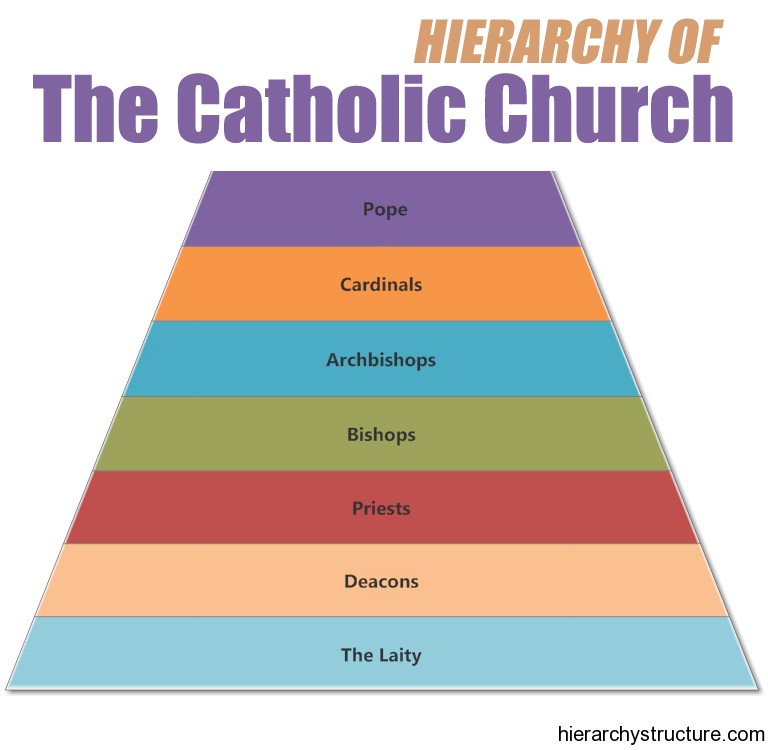Arks&sparka
Verified User
present evidenceMany of the organizations affiliated with religions do utilize science-based methods in the physical world that are at odds with their religion's beliefs.
so the only way to take scripture is absolutely literally?I can. Christianity teaches that the dead shall rise, and its' beliefs include an account of dead humans being reanimated. (Matthew 27:53).
That is impossible, according to science. No evidence of such an event has ever been factually verified, nor has it been repeated in controlled circumstances.
It said they were in their graves asleep and they woke up and went to the holy city. Hey you can interpret this to me they were dead and they came back to life or they could have been suffering some sort of paralysis that mimics death this is absolutely scientifically possible and has been recorded.
no your literal another boneheaded interpretation of it is.Therefore, one of the core beliefs of Christianity is anti-scientific.
Religious organizations are part of the religion.Yet many Christian denominations allow affiliated organizations to treat the sick and injured using scientific methods. They also teach medical students scientific methods. If such an organization taught that it was possible to heal the sick or raise the dead by prayer or laying on of hands rather than with scientific methods, they would be shut down by the authorities.

